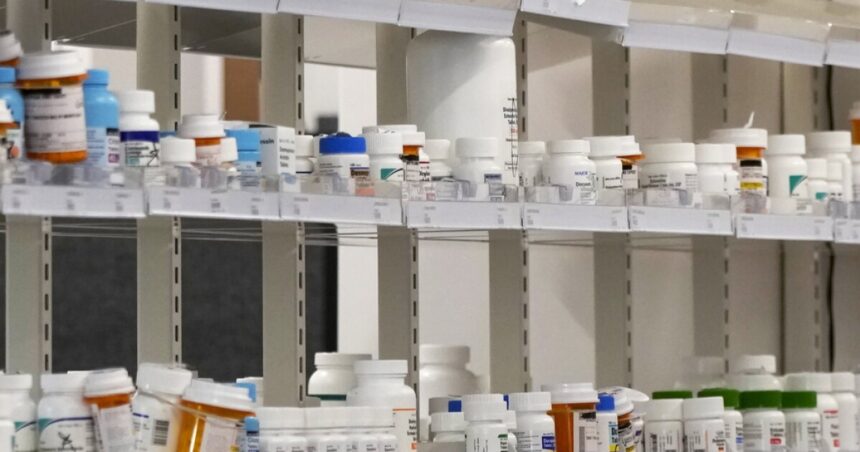The Biden-Harris administration is set to save millions of Americans $1.5 billion in the first year of a new program aimed at reducing the cost of specific prescription drugs.
These drugs are commonly used to treat various conditions such as heart disease, cancer, diabetes, and blood clots.
The savings anticipated are significant, with costs expected to decrease by 38% to 79% for a 30-day supply.
Among the first drugs to see price reductions are Eliquis and Xarelto, both used for blood clot prevention. Currently priced around $520 for a 30-day supply, the cost is expected to drop to approximately $200 by 2026.
Further savings will be seen with diabetes medications like Jardiance, Januvia, and Farxiga, benefiting around 3.7 million Medicare enrollees. Prices are projected to decrease by 66% to 79%, from over $500 per month to below $200.
RELATED STORY | Biden, Harris promote lower prescription drug costs at first joint event since Biden ends candidacy
Additional drugs to benefit from negotiated pricing include Entresto, Enbrel, Imbruvica, and Stelara.
Health policy professor Stacie Dusetzina from Vanderbilt emphasizes the potential $6 billion savings for Medicare if this pricing structure was implemented sooner.
While Medicare beneficiaries are expected to see significant savings, those with private insurance plans may not immediately benefit. However, there is potential for change in the future.
The White House plans to expand negotiation efforts to include more drugs, with up to 15 additional Medicare Part D drugs in 2025 and 15 in 2026, followed by 20 drugs annually thereafter.
RELATED STORY | Medicare is negotiating drug prices. Here’s why that matters





